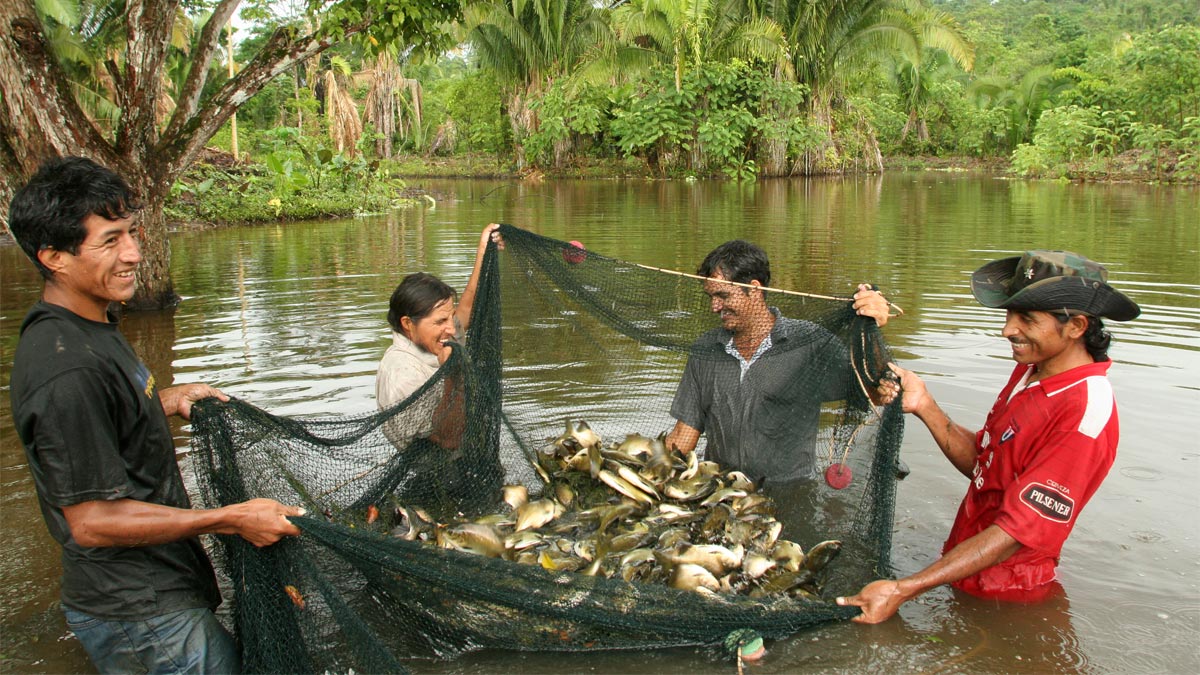This report details the conclusions and recommendations of a three-year project, The Listening Zones of NGOs: languages and cultural knowledge in development programmes, 2015-2018. The project, funded by the Arts and Humanities Research Council (AHRC), focused on the role languages and cultural understanding play in International Development.
The starting point for the research was the observation that listening is key to the relationships that International Non-Governmental Organisations (INGOs) seek to form with communities across the world.
In order to investigate the contribution of languages and culture to listening, the project (based at the Universities of Reading and Portsmouth) brought together researchers from International Development, Modern Languages and Translation Studies, with colleagues from INTRAC (International NGO Training and Research Centre), in order to work with UK-based INGOs, and with NGOs and development workers in Kyrgyzstan, Malawi and Peru.
The research addressed three key questions:
- what is the role of languages in power relations in development work?
- how much organisational awareness is there of languages/language policy?
- what is the provision of language/cultural mediation including translators/interpreters?
The report, jointly authored by Professor Hilary Footitt, Dr Angela Crack and Dr Wine Tesseur, has benefited from the expert contributions of a wide range of NGO and language practitioners. We would like to thank Christian Aid, OxfamGB, Save the Children UK, and Tearfund for their support and sustained interest in the research, and the over eighty INGO and SNGO participants in Kyrgyzstan, Malawi and Peru who discussed their work with us, and contributed to and commented on this research.
Quotations have been translated from Russian and Kyrgyz into English by Cholpon Ismailovna Akmatova and from Spanish by Hilary Footitt.
The report is available in six different languages:
- Listening Zones - Chichewa (PDF-3.9MB)
- Listening Zones - English (PDF-3.9MB)
- Listening Zones - French (PDF-3.9MB)
- Listening Zones - Kyrgyz (PDF-3.9MB)
- Listening Zones - Russian (PDF-3.9MB)
- Listening Zones - Spanish (PDF-3.9MB)
